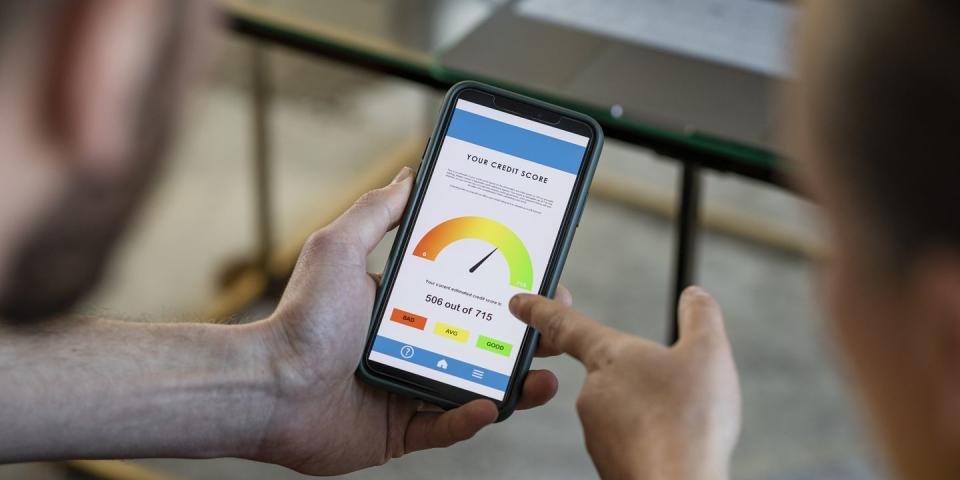What Credit Scoring Models Do Car Dealers Typically Use?

"Hearst Magazines and Yahoo may earn commission or revenue on some items through these links."
After you shop for a new car, truck, or SUV and choose a vehicle that suits your needs, you may need to get an auto loan to pay for it. To determine the loan's annual percentage rate (APR) or the interest rate plus origination and other fees, a car dealership, bank, or credit union checks your credit score. Different lenders can check different credit scoring models, and the same lender might receive several scores.
Compare auto loans to find which best suits you
To learn more about your credit score and how it can affect buying a car, fill out this form:
Credit scores are based on the information in your credit report. Lenders use these scores to help them predict whether or not you are likely to make payments on time in the future. Some employers also check the credit scores of potential employees, and landlords may check the scores of renters as well.
You probably won't know exactly which credit score a company will check after you apply for an auto loan. However, it's a good idea to learn which scores get checked for car loans most often, how credit scores work, and how to improve them to help you prepare to take out a loan.
What Credit Scores Do Car Dealers Use?
Car dealers can choose between many credit bureaus and credit scoring models when they evaluate auto loan applications. The fundamentals behind credit scoring models for consumers are similar, but each one uses slightly different criteria to analyze your credit report and assign a score. For example, one credit scoring model could ignore paid collections accounts, while another might consider collections accounts as negative items, even after the debt is paid.
These credit scores can be different from each other by as much as 100 points. However, they all rely on similar analyses of your credit reports. Actions that can help one credit score, like making payments on time, could improve all of your credit scores.
Here are some of the most common scores used:
Base FICO Score
FICO stands for Fair Isaac Corporation, and the organization is one of the most popular sources of credit scores. The base FICO score is also called FICO Score 8 or 9. It's not designed specifically for auto loans, but many lenders use it. It's a number between 300 and 850, and a higher score means that a person is more likely to make loan payments on time. This score is usually based on credit report information from one of the three major credit bureaus: Equifax, Experian, and TransUnion.
FICO Score 9 is newer than FICO Score 8, and it reduces the impact of medical debt. It also adds records for rental payments when landlords report this information. These changes can help people without much history improve their credit scores.
An average credit score is about 700. Scores above 670 are considered good. Many lenders offer people with FICO scores above 740 lower interest rates because their risk of default or repossession is very low.
A fair credit score is 580 to 669, and a poor score is 300 to 579. Even with a low score, people can often qualify for car loans. However, they may need to pay higher interest rates, pay more in fees, or make a larger down payment.
FICO Auto Scores
Several versions of the FICO Auto Score are available. It was created especially for auto lenders. FICO Auto Scores are based on a general FICO Score. Then, the score is changed to better predict a person's ability to repay a car loan on time.
Your past payment history with auto loans is very important for determining your FICO Auto Score. This type of credit score ranges from 250 to 900.
VantageScore
The three major credit reporting agencies released VantageScore together in 2006. According to Experian, the average VantageScore is 680. VantageScore versions 3.0 and 4.0 are popular for auto loans, and most lenders use one of them.
These credit scoring models calculate many variables on your credit report. Payment history is the most important. Other factors include type and length of credit and credit utilization. The amount of debt owed has the lowest impact.
CreditVision
CreditVision is a TransUnion credit score that's designed to help auto dealers and lenders approve loans. It anticipates the odds of a 60-day delinquency in the first two years of an auto loan. Like the FICO score, this score ranges from 300 to 850 points.
How Credit Scores Work
FICO and other credit scores are based on a variety of factors:

 Yahoo Autos
Yahoo Autos 